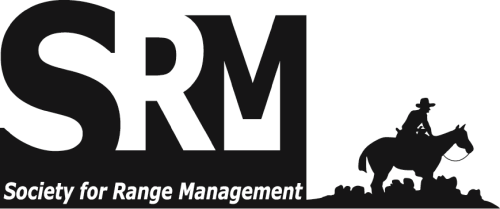Phenotypic plasticity enables plants to cope with changes in their environment. Plasticity in a population of Leymus chinensis, a common grass species in arid and semiarid temperate grasslands of northern China, was determined in a natural grassland grazed by large domestic herbivores. We measured shoot and bud characteristics monthly along a grazing intensity gradient indicated by distance from the village gate during two growing seasons. In addition, some plants along the gradient were removed to a common transplant garden and their growth was compared. Leaf characteristics (leaf angle, leaf length, and leaf number), growth form (tiller height and tiller clusters), bud proliferation, and plant fitness differed significantly in situ along the gradient. The expression of plasticity was grazing intensity dependent: the greatest increase in tiller density, tiller cluster, and bud number occurred at a moderate grazing intensity (2.5 km from the village gate). In the transplant garden, no evidence was found for distinct populations of L. chinensis within the grassland. Leaf characteristics, tiller growth form, and bud demography of tillers not grazed showed phenotypic plasticity in response to grazing of neighbor shoots because clonal reproduction is the main breeding system for this species in grazed natural grassland and defoliation of neighbor shoots is likely to affect the physiology and morphology of tillers that are not grazed. The observed overcompensation in vegetative reproduction may aid future survival and growth and could be achieved in a prudent grazing system designed to take into account the needs of this dominant grass in semiarid temperate steppes. © 2017 The Society for Range Management. Published by Elsevier Inc. All rights reserved. The Rangeland Ecology & Management archives are made available by the Society for Range Management and the University of Arizona Libraries. Contact lbry-journals@email.arizona.edu for further information.

Scholarly peer-reviewed articles published by the Society for Range Management. Access articles on a rolling-window basis from vol. 1, 1948 up to 5 years from the current year. Formerly Journal of Range Management (JRM). More recent content is available by subscription from SRM.